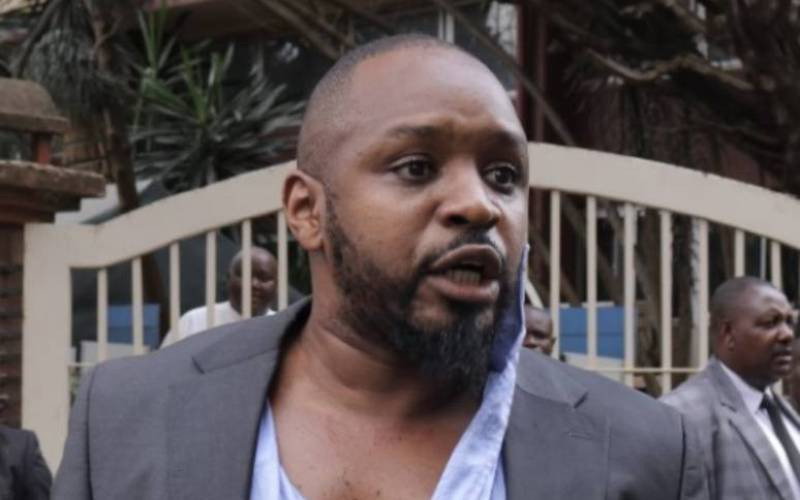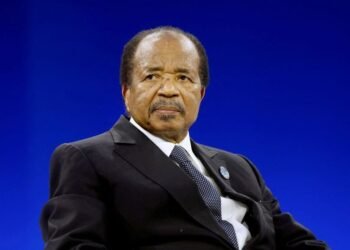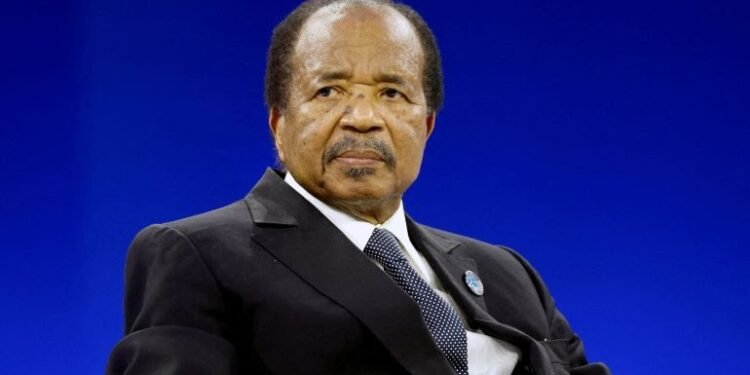Kenyan pro-democracy campaigner Boniface Mwangi was formally charged on Monday with unlawful possession of ammunition, following his arrest in connection with recent anti-government protests that have shaken the nation. The charge, centered on three tear gas canisters allegedly found in his possession, has triggered widespread condemnation from rights groups and raised fresh concerns over the government’s handling of dissent.
Mwangi appeared in court in Nairobi and was granted immediate release on bond. According to the charge sheet, he was found with the tear gas canisters without legal authorization, an accusation his legal team vehemently denies. His lawyer, Njanja Maina, stated that Mwangi “never possessed such items.”
The case has drawn public attention not only because of Mwangi’s stature as a prominent critic of the government, but also due to earlier fears that he might face terrorism-related charges. On Friday, police arrested Mwangi and accused him of facilitating violent activities during nationwide protests against President William Ruto’s administration.
Mwangi’s wife, Njeri, recounted the incident in a post on social media platform X. She revealed that security personnel raided their residence, seized electronic devices, and spoke of “terrorism and arson.” The search extended to his office premises.
Activists Say Charges Aim To Intimidate
Human rights organizations were quick to criticize the move. The Kenya Human Rights Commission (KHRC) dismissed the case as a “trumped-up accusation,” saying it reflects a worrying pattern of state intimidation against voices of dissent.
“This pattern of inventing charges to harass and silence activists like Mwangi erodes public confidence in the independence” of Kenya’s judiciary, KHRC said in a statement.
Amnesty International echoed these concerns, arguing that the case appears to be “part of a broader effort to intimidate lawful dissent and those committed to upholding the rule of law.”
The organization also pointed out the misuse of Kenya’s Prevention of Terrorism Act, which has been cited in “more than 100 other cases” in efforts to clamp down on public protests.
“This practice undermines Kenya’s criminal justice system and jeopardizes critical international partnerships aimed at safeguarding national security.”
Amnesty International
Boniface Mwangi, widely regarded as one of Kenya’s most vocal pro-democracy advocates, has used his social media platform, where he commands over two million followers, to call out corruption and demand accountability. On X, he brands himself “The People’s Watchman,” a reflection of his self-appointed role as a watchdog of government actions.
Protests against President Ruto’s administration began in mid-2024, sparked by the announcement of controversial tax proposals. Demonstrators accuse the government of failing to live up to its promises and highlight the widening gap between the political elite and ordinary citizens.

Many Kenyans say Ruto’s government has been plagued by high-level corruption and unchecked public spending, even as living costs soar. The unrest has led to sweeping arrests, with at least 500 people facing prosecution, and left a grim toll of 47 confirmed deaths during demonstrations in June and July alone.
As Mwangi’s legal battle begins, his supporters fear the case represents a broader attempt to muzzle activists and civil society leaders who have been instrumental in challenging state overreach and holding the government accountable.
READ ALSO: NPP Youth Urged To Defend Party Achievements



















